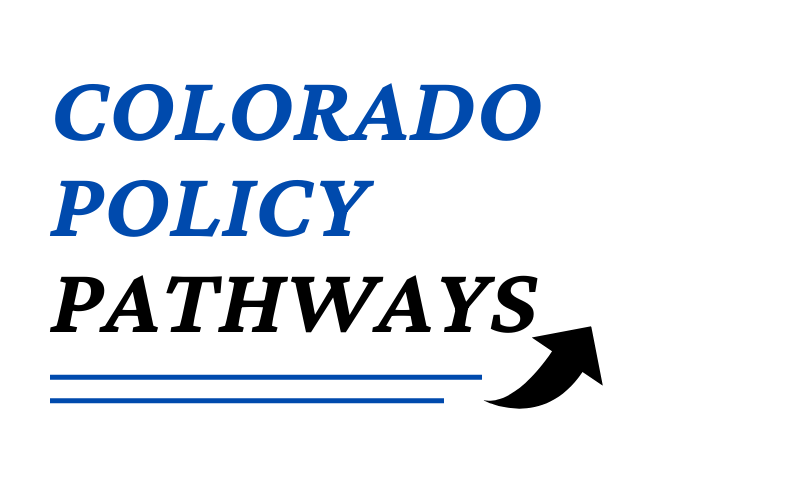For seven years, progressive lawmakers were unsuccessful at passing a bill through the legislature even with strong majorities. But a well-timed ballot initiative passed in the fall of 2020, fueled by the anxieties of COVID and weakened opposition as businesses were scrambling to keep their businesses from failing.
The button below opens a grid of bills related to paid leave that either passed or failed during the seven-year period that progressive lawmakers tried to pass a Paid Family and Medical Leave program.
The first comprehensive law proposed as a paid family and medical leave program in Colorado was introduced in 2014. Senate Bill 196 was sponsored by Representative Joe Salazar and Senator Jesse Ulibarri.
It would be unsuccessful five more times: in 2015 – HB1258, in 2016 – HB1167, 2017 – HB1307, 2018 – HB1001.
In 2019, SB188, introduced as a comprehensive program, again failed to gain enough support. It was rewritten late in the session as a proposal to establish a task force. This amended bill passed. The task force met during the interim to study various options and commissioned an auditors report tailored to Colorado’s demographics. A final report from the task force was delivered to the General Assembly and the Governor in January of 2020.
But by this time there was division over how far the program should go even among the progressives who in general favored a program. The universal social insurance program to be administered by the Department of Labor and Employment lost needed support from those who favored an employer mandate that relied on a regulated private market of insurers – most notably, Governor Polis.
After trying to negotiate various drafts during the 2020 session, the lead sponsors abandoned the effort knowing that special labor interests had successfully filed a ballot initiative that proposed a program model that was actually much more far-reaching. It would likely pass muster with a public that would not take the time, especially with a crowded ballot, to understand the finer details of the terms that created so much consternation for the business community. Especially small independent businesses.
The timing of the ballot initiative was important to its passage. Fear of COVID and the added stress of juggling school-age children’s educations and work obligations built a backdrop that muted concerns for adverse implications of such a powerful policy solution.
Passage depended on signals from lawmakers and state leaders that voters could rely on the integrity of the program. They got those signals from nearly all of the elected State-level Democratic leaders. The Governor seemed to reserve his endorsement but also declined to contribute to the public conversation. His earlier policy comments would indicate that while he supported the idea of the comprehensive program, he held reservations about this model which would be wholly administered within the State administration. The Secretary of State was also likely to refrain from a position out of regard for professional ethics.

Now, in 2022, rulemaking has begun as the new division builds its systems and administrative infrastructure.
Employers and employees are mandated to contribute premiums beginning in January 2023. The exceptions are local government employees and those who are employed by businesses that choose to self-insure while still meeting the conditions of the mandate.
The program will be fully live and will begin accepting claims and paying out benefits beginning in January 2024.


 Why imposing one 12 week standard on all businesses neglects their complex needs.
Why imposing one 12 week standard on all businesses neglects their complex needs.